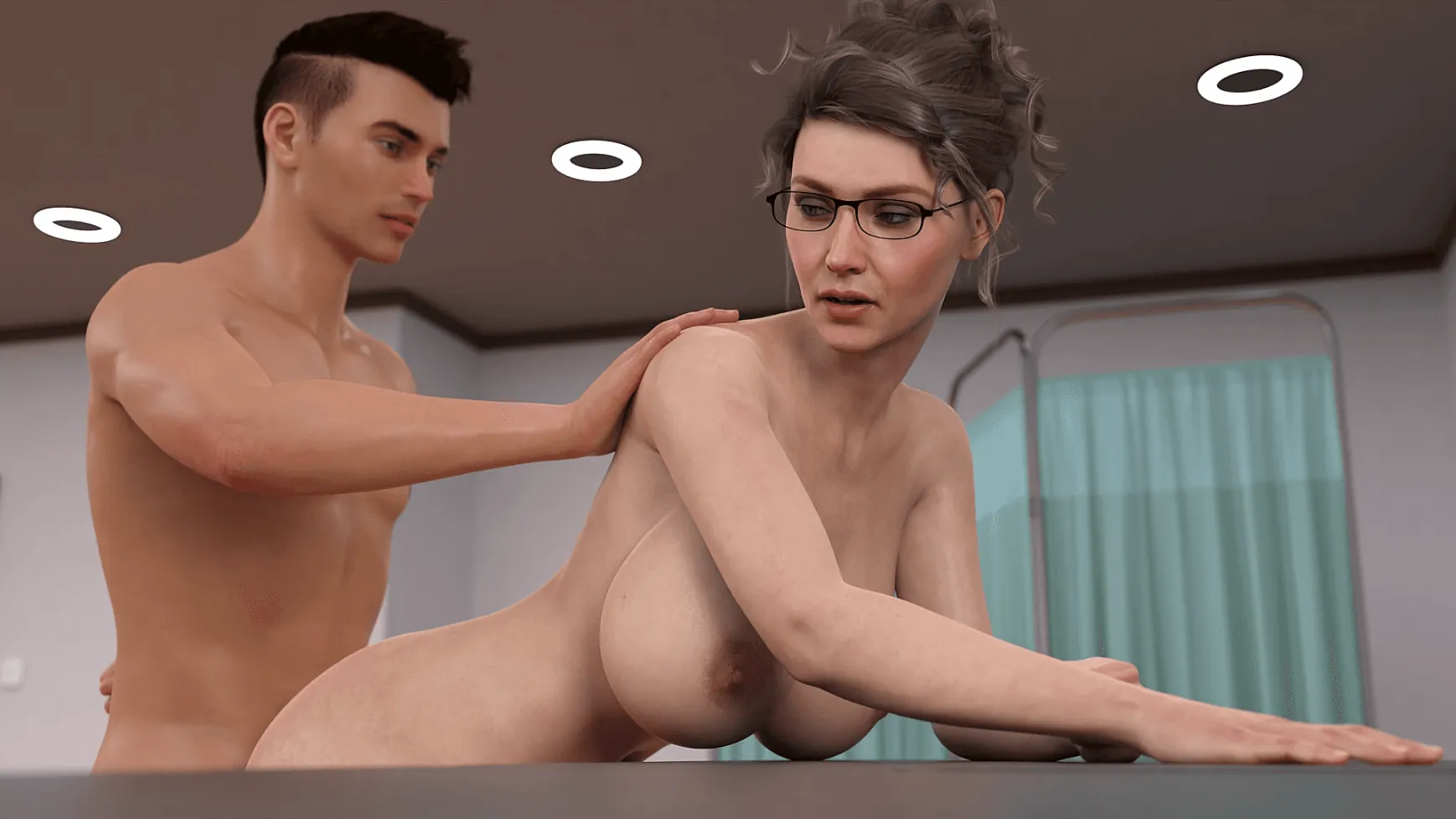
Play Adverse Effects
Adverse Effects review
Exploring the Hidden Dangers and Consequences
The ‘Adverse Effects’ game has been gaining attention for its unique blend of psychological and social challenges. However, beneath its engaging gameplay lies a complex web of potential negative impacts on players. This article delves into the hidden dangers and consequences of immersing oneself in this game, exploring how it can affect mental health, social relationships, and personal well-being.
Chapter 1: Psychological Impacts
Let’s be real for a moment. We download a game like ‘Adverse Effects’ for a quick escape, a bit of fun, or to challenge our minds. 😊 We rarely stop to consider what’s happening beneath the surface, in the intricate wiring of our brains. The truth is, the psychological effects of gaming are profound and, in the case of this particular game, intentionally designed to be compelling. It’s not just about beating levels; it’s about how the experience reshapes our emotions, our self-worth, and our mental habits.
This chapter pulls back the curtain on that process. We’re going to explore the very real mental health impacts and the subtle ways this game can influence your psychological state. It’s a journey from that initial thrill to the potential for significant gaming addiction risks.
What Are the Psychological Effects?
So, what exactly happens in your head when you play ‘Adverse Effects’? 🤔 It’s a cocktail of neurochemistry and psychological triggers. The most talked-about element is the dopamine release in gaming. Dopamine is your brain’s “feel-good” chemical, a reward signal that makes you want to repeat a behavior.
In ‘Adverse Effects’, this is engineered to perfection. Every completed quest, every rare item looted, every rank you climb triggers a small, satisfying hit of dopamine. It’s a powerful, positive reinforcement loop that keeps you coming back for “just one more turn.” But this constant seeking of rewards can rewire your brain’s motivation system, making other, less stimulating real-world activities feel dull by comparison. This is a core part of the psychological effects of gaming that developers leverage.
Beyond dopamine, the game heavily influences your emotional state. The high-stakes, competitive environment can lead to:
* Frustration and Anger: 😠 A lost match or a failed mission can feel disproportionately personal.
* Anxiety: The pressure to perform and maintain your status can create a low hum of stress.
* A False Sense of Accomplishment: You might feel productive after a long gaming session, but this can sometimes replace the drive to achieve real-world goals.
How Does It Affect Mental Health?
When these intense psychological effects become a constant in your life, the mental health impacts can start to stack up. I remember a friend, let’s call him Mark, who was a top-tier player. He was brilliant in the game, but his real life was suffering. He’d get irritable away from the screen, his sleep schedule was destroyed from all-night sessions, and he started withdrawing from social events. He was living for the in-game validation, and his overall well-being was paying the price.
This is a classic case study of how the psychological effects of gaming can spill over. The game’s design, which often pits players against each other in a high-pressure environment, can be a significant source of stress. For some, this can exacerbate underlying issues like anxiety or depression. The constant comparison to other players and the public nature of your performance (or failure) creates a direct link between self-esteem and gaming. A losing streak doesn’t just feel like a bad game; it can feel like a personal failure, chipping away at your confidence.
If you find your mood is entirely dictated by your last gaming session, it’s a major red flag that the game’s mental health impacts are becoming too significant.
Here’s a quick look at some common signs that the game might be affecting your mental well-being:
| 🚩 Warning Sign | 💡 Potential Impact |
|---|---|
| Preoccupation with the game when you’re not playing | Increased anxiety and difficulty focusing on work or studies |
| Using the game as the primary way to cope with negative emotions | Prevents development of healthier coping mechanisms |
| Neglecting personal hygiene, sleep, or nutrition for more game time | Direct physical and mental health decline |
Can It Lead to Addiction?
This is the big question, and the answer, unfortunately, is yes. The very mechanisms we’ve discussed—the dopamine loops, the social pressure, the link between self-esteem and gaming—are the building blocks of dependency. The gaming addiction risks associated with a game like ‘Adverse Effects’ are not accidental; they are a feature of its design.
Addiction isn’t just about spending a lot of time on something. It’s when the activity starts to cause significant harm to your life, yet you feel powerless to stop. You might neglect responsibilities, damage relationships, and continue playing despite knowing the negative consequences. The line between passionate hobby and problematic use can be blurry, but when your real world is crumbling while your virtual world thrives, you’ve crossed it. The psychological effects of gaming have transitioned into a full-blown behavioral addiction.
An expert in behavioral psychology once told me, “Games like ‘Adverse Effects’ are designed to create a sense of incomplete tasks and endless progression. This ‘itch’ to complete just one more thing is a powerful psychological hook that can easily tip into compulsive behavior for vulnerable individuals.” This perfectly captures the gaming addiction risks at play.
So, what can you do? 🛡️ The first step is always awareness. Pay attention to how you feel before, during, and after playing. Set firm time limits using alarms. Most importantly, cultivate a life and an identity outside of the game. Nurture real-world friendships, pick up a hobby that doesn’t involve a screen, and remind yourself that your value is not determined by your in-game rank. By understanding these mental health impacts and gaming addiction risks, you empower yourself to enjoy the game without letting it control you.
In conclusion, while ‘Adverse Effects’ offers an engaging gaming experience, it’s crucial for players to be aware of its potential psychological impacts. By understanding these risks, gamers can take steps to protect their mental health and maintain a healthy balance between gaming and real-life responsibilities. If you’re concerned about the effects of gaming on your well-being, consider seeking advice from a mental health professional.





















